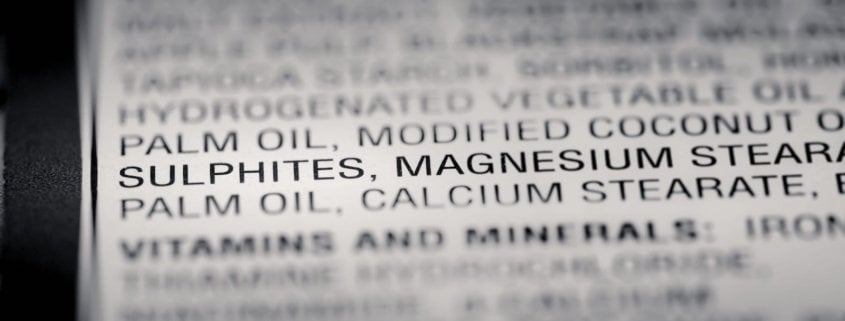FDA Bans 7 Artificial Flavoring Substances
Many consumers are unaware that they are ingesting substances that are not good for them. These substances are usually written as “artificial flavors” on product labels. Recently, the United States Food and Drug Administration released a list of seven artificial flavoring substances that are harmful to health. These flavorings include ethyl acrylate, benzophenone, eugenyl methyl ether (methyl eugenol), ethyl acrylate, mycrene, pyridine, and pulegone.
The Substances Were First Approved by the FDA
These synthetic substances might be foreign to ordinary consumers, but they were first approved by the FDA during the early 60s. These substances are used for a wide variety of purposes such as mimicking or enhancing natural flavors. They are used to impart the flavor of mint, cinnamon, and floral in ice cream, baked products, beer, candy, and chewing gum.
The flavoring industry and FDA mentions that there is no risk to the public when consuming these products as long as the quantity is small. But even if this is the case, there are a growing number of people who prefer not to eat or drink anything synthetic.
Natural Alternatives Needed for Artificial Flavoring
Many people are opting not to buy products that contain artificial flavoring or substances. As a result, food companies are looking for natural alternatives to flavor for food. Petitioning to ban these substances pose a significant risk to many food manufacturers. The Flavor and Extract Manufacturers Association noted that the delisting of these substances confirms that there is a need for FDA to assess the actual risk instead of still following the 60-year old provision of the Delaney Clause.
The Delaney Clause was the statutory provision created by the FDA. In a nutshell, the provision strictly discourages the FDA from approving any food additives that can induce cancer to humans at any dose. And since the substances mentioned above did not reveal to cause cancer in the past, their use was continued until today.
Approving the Petition May be Difficult
While these substances may not be linked to inducing cancer, they can cause other health problems that are as concerning as cancer. However, FDA noted that approving the petition to ban these substances may not be that easy as the agency receives more than 200 petitions annually and it takes several weeks or more to evaluate and validate each. But because of the public outcry including those from the institutions such as the Center for Food Safety, Center for Science and Public Interest, and the Natural Resources Defense Council, the FDA was forced to act.
The Implications
The implication of banning these substances is to push the manufacturers will likely be looking for natural substitutes and determining how they can change recipes using natural flavoring. But this might take a while, and many food manufacturers are asking for at least two years to be able to have a smoother transition in getting the job done. But on the bright side, switching to natural flavoring can draw in more consumers leading to a competitive boost for a variety of products.
Inspired by www.fooddive.com






